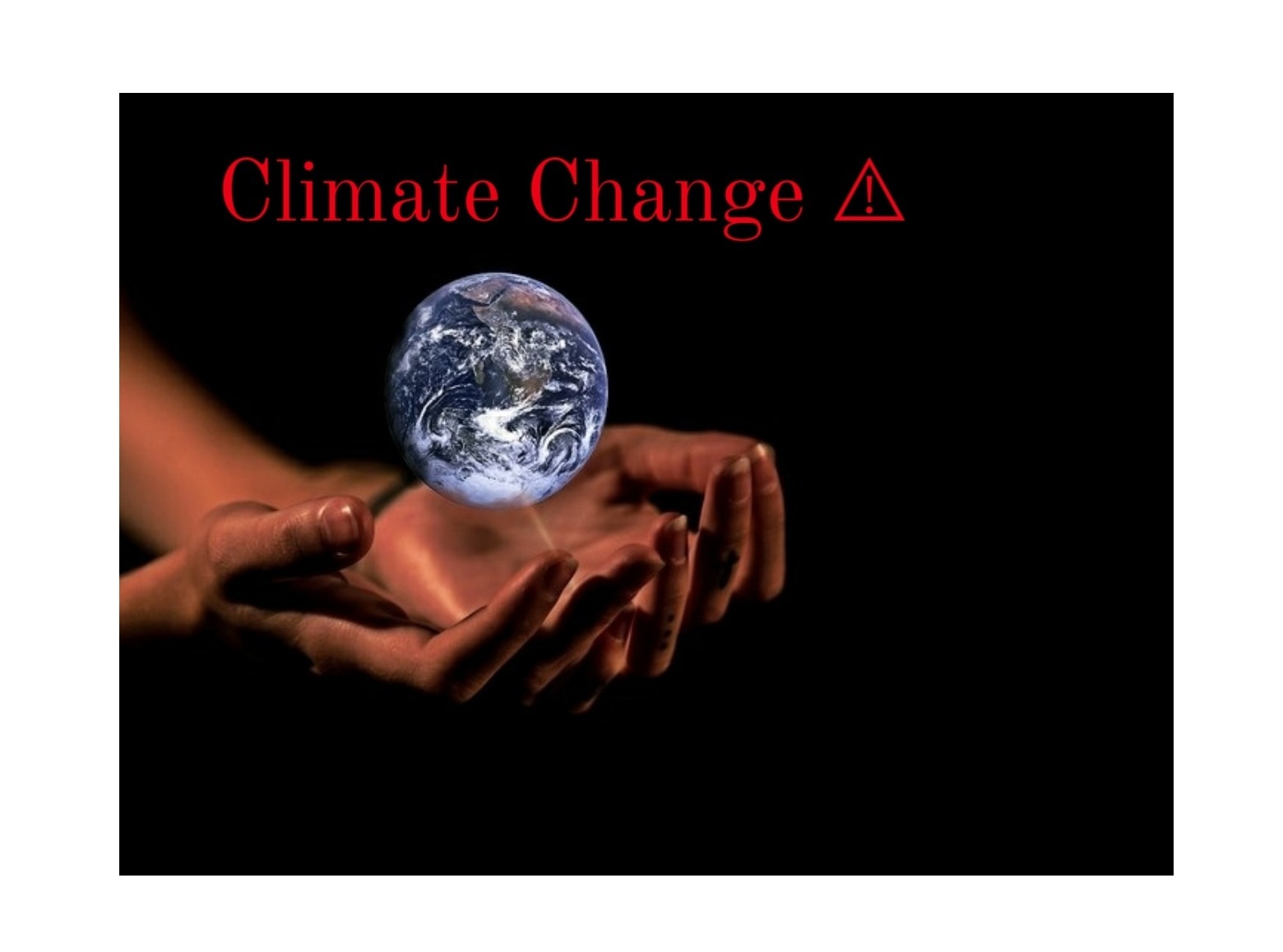Geneva: A major UN scientific report revealed that human activity is changing the climate in unprecedented and sometimes irreversible ways.
The report “is a code red for humanity”, says the UN chief.
Echoing the scientists’ findings, UN Secretary General António Guterres said: “If we combine forces now, we can avert climate catastrophe. But, as today’s report makes clear, there is no time for delay and no room for excuses. I count on government leaders and all stakeholders to ensure COP26 is a success.”
The Intergovernmental Panel on Climate Change (IPCC) came out with its sixth assessment report on the science of climate change based on the review of over 14,000 published papers by 234 scientists across the world. One of the scientists, Govindasamy Bala of Bengaluru’s Indian Institute of Science, spoke to Chetan Chauhan about the findings of the report.
UN To Reveal Major IPCC Report On Climate Change
Their report is the first major review of the science of climate change since 2013. Its release comes less than three months before a key climate summit in Glasgow known as COP26.
In strong, confident tones, the IPCC’s document says “it is unequivocal that human influence has warmed the atmosphere, oceans and land”.
According to Prof Ed Hawkins, from the University of Reading, UK, and one of the report’s authors, the scientists cannot be any clearer on this point.
“It is a statement of fact, we cannot be any more certain; it is unequivocal and indisputable that humans are warming the planet.”
Petteri Taalas, Secretary-General of the World Meteorological Organization, said: “By using sports terms, one could say the atmosphere has been exposed to doping, which means we have begun observing extremes more often than before.”
This warming is “already affecting many weather and climate extremes in every region across the globe”.
Whether it’s heatwaves like the ones recently experienced in Greece and western North America, or floods like those in Germany and China, “their attribution to human influence has strengthened” over the past decade.
“The consequences will continue to get worse for every bit of warming,” said Prof Hawkins.
“And for many of these consequences, there’s no going back.”
“We will hit one-and-a-half degrees in individual years much earlier. We already hit it in two months during the El Niño in 2016,” said Prof Malte Meinshausen, an IPCC author from the University of Melbourne in Australia.
“The new report’s best estimate is the middle of 2034, but the uncertainty is huge and ranges between now and never.”
“We will see even more intense and more frequent heatwaves,” said Dr Friederike Otto, from the University of Oxford, UK, and one of the IPCC report’s authors.
“And we will also see an increase in heavy rainfall events on a global scale, and also increases in some types of droughts in some regions of the world.”
Five future impacts:
- Temperatures will reach 1.5C above 1850-1900 levels by 2040 under all emissions scenarios
- The Arctic is likely to be practically ice-free in September at least once before 2050 in all scenarios assessed
- There will be an increasing occurrence of some extreme events “unprecedented in the historical record” even at warming of 1.5C
- Extreme sea level events that occurred once a century in the recent past are projected to occur at least annually at more than half of tidal gauge locations by 2100
- There will be likely increases in fire weather in many regions







